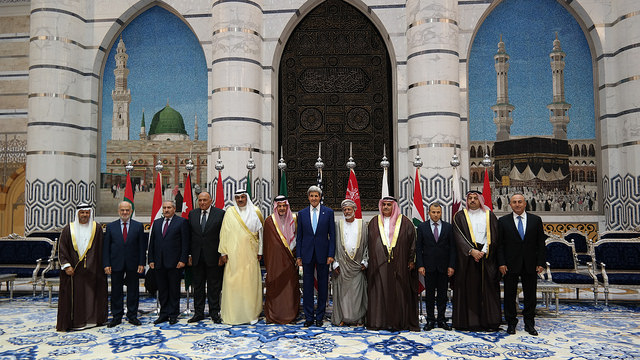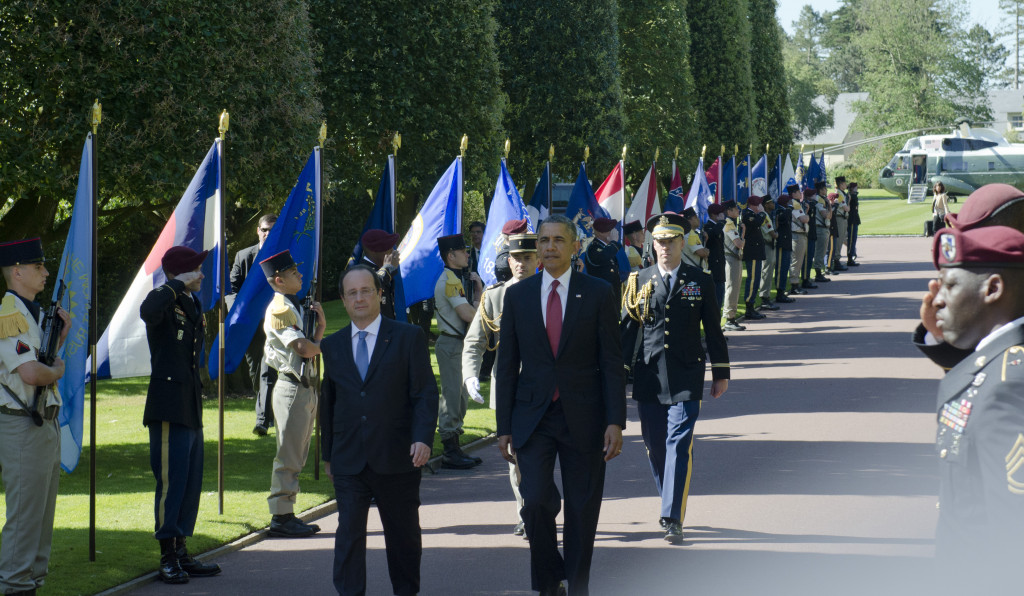As photos of the Paris Solidarity March emerged featuring international heads of state arm-in-arm, Americans could not help but ask, where was President Obama?
This recent controversy surrounding the lack of U.S. representation at a march against violent extremism underscores one of the most undervalued aspects of effective diplomacy: simply showing up.
In an era of digital communication and global information flow, the power and symbolism of being present cannot be underestimated. To be clear, it is not always feasible for the President of the United States to hop on a plane at a moment’s notice. As the leader of the free world, any movement requires advanced planning and tight security measures. In fact, more often than not it is the Vice President who is called upon for these duties, or perhaps the Secretary of State. Presidents have also called upon their predecessors to wave the flag at major international memorials or ceremonial events. The important part is, someone has to do it.

Senior administration officials, including members of Congress, must understand that international representation is critically important. What may be lampooned at home as a junket or a “flight of fancy” can be a very meaningful statement. This is especially true for smaller countries that vie for attention amid the crisis du jour and voracious international news cycle.
However grave the diplomatic error, the missing U.S. representation at the Paris Solidarity March should not be exploited for domestic political gain. Instead, we must be unified to support our allies and the victims of terrorism around the world. U.S. leadership is critical as democracies stand together against the threat of radical religious terrorism. As a nation, we must show up.

















